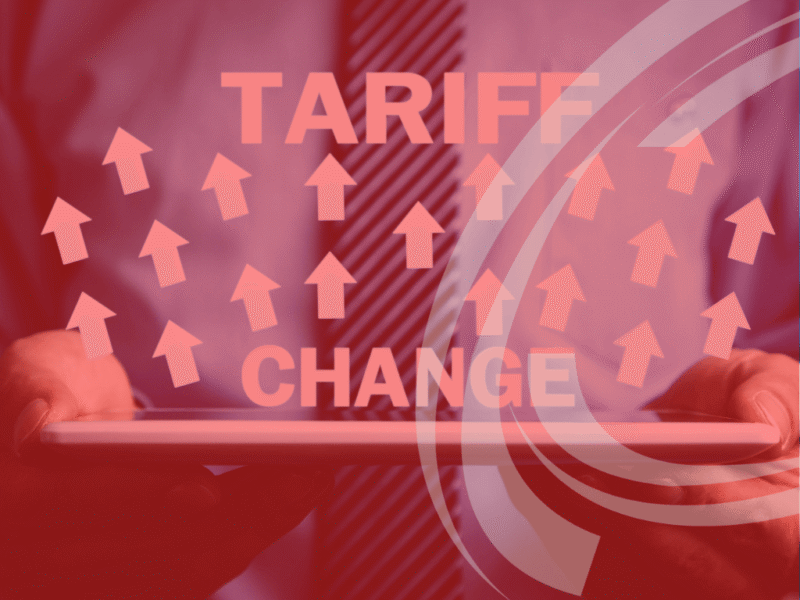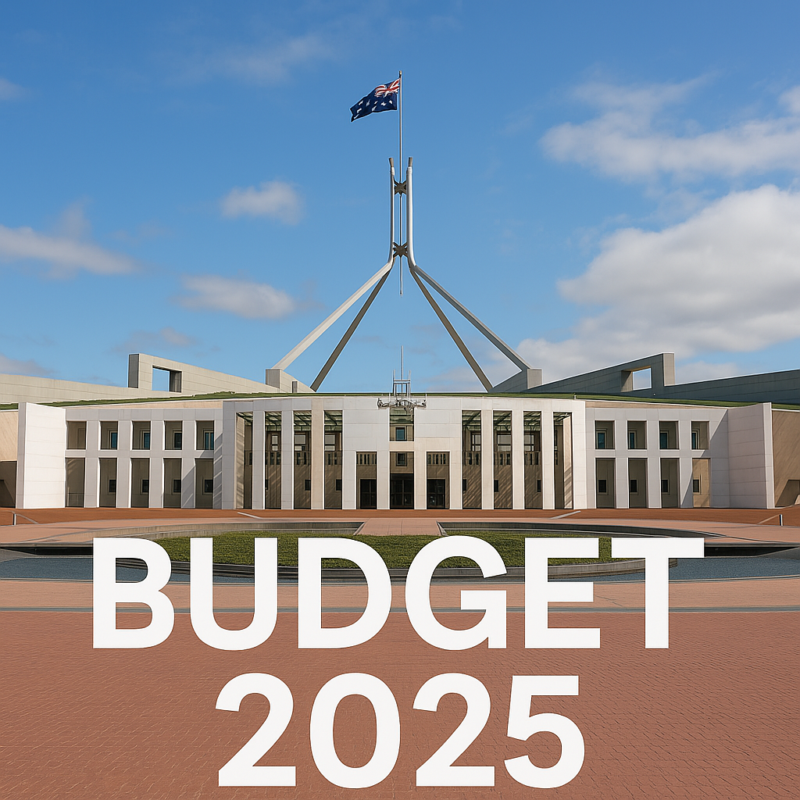Stuck in Neutral: Why Australian Small Businesses Stall and How to Restart Growth

Many Australian SMEs hit a growth ceiling—but it’s not inevitable. Learn the warning signs of stagnation, the root causes, and proven strategies to reignite momentum.
Thriving Amid Global Tariffs: Essential Strategies for Australian Businesses

Explore how Australian businesses can navigate global tariffs and trade shifts effectively. Gain strategic insights to mitigate risks and leverage opportunities amidst changing international trade dynamics.
Stop Guessing: Is Your Business Really Healthy? Here’s How to Know for Sure

Is your business on track or slowly heading for trouble? Use our comprehensive SME Health Checklist to uncover risks, seize opportunities and take confident steps towards sustainable growth.
Capturing Consumer Attention – Strategic Insights for Australian Small Businesses

Discover strategies for Australian small businesses to capture consumer attention amid evolving trends effectively. Explore insights into consumer sentiment, agentic AI, and commerce media to boost competitiveness and growth.
One Wrong Step: Why Skipping Appropriate Policies and Procedures Can Sink Your Small Business

Australian small businesses move fast, yet too many forget that appropriate policies and procedures are their first line of defence. From six-figure Fair Work penalties to privacy fines that reach the tens of millions, ignoring documentation can drain cash flow, erode culture, and damage hard-won reputations in hours.
AI Isn’t Just for Tech Giants: How Australian Small Businesses Can Harness It Today

Artificial intelligence is no longer out of reach for small businesses. Discover how your business can benefit from practical, affordable, and effective AI tools today.
Dead Ends or Gold Mines? How to Identify Which Tenders or Grants Are Actually Worth Your Time

With thousands of tenders and grants available, most businesses waste time chasing the wrong ones. Learn how to identify which tenders or grants are actually worth your time—and how to stop gambling and start strategising.
Why Flying Solo Is Costing You More Than Sleep—and How SBAAS Full Service Coaching Helps

Why Flying Solo Is Costing You More Than Sleep—and How SBAAS Full Service Coaching Helps When “Doing It All” Starts to Feel Like Doing Too Much Running a small business in Australia is a bit like trying to keep a dozen spinning plates in the air—while riding a unicycle, blindfolded, during a mild earthquake. In […]
Cutting the Red Tape Trap: The Preliminary Results are in

Cutting the Red Tape Trap: The Preliminary Results are in Preliminary results are in, but first – thanks BNI Australia April was huge. On the first Monday of the month, SBAAS published Reducing Red Tape for Australian Small Businesses: Economic Impact and Reform Opportunities. By Wednesday, BNI Australia, after confirming the project’s political neutrality, pushed […]
The IT Blindspot That’s Putting Your Business at Risk – And How to Fix It Before It’s Too Late

Your “I Don’t Do IT” Attitude is a Ticking Time Bomb – And It’s About to Explode You’re a busy small business owner. You’re focused on growth, on innovation, on building a successful business. I get it – on some weeks I am lucky to get a lunch break, let alone considering the smaller stuff. […]
Cutting the Red Tape Trap: How Smarter Regulation Will Supercharge Australian Small Businesses

Cutting the Red Tape Trap: How Smarter Regulation Will Supercharge Australian Small Businesses Small businesses are the heartbeat of Australia’s economy. Yet, despite their enormous contribution, they are shackled by layers of outdated, excessive, and often confusing regulations. Reducing red tape for small businesses is no longer a nice-to-have — it is essential for driving […]
2025 Budget vs Coalition Predecessors – A Small Business Perspective

2025 Budget vs Coalition Predecessors – A Small Business Perspective Australia’s 2025 Federal Budget arrives in a charged political atmosphere, with an election imminent and over two million sole traders and small business owners watching closely. This analysis cuts through partisanship to deliver an accountability-driven review of how the 2025 Budget compares to the previous […]
